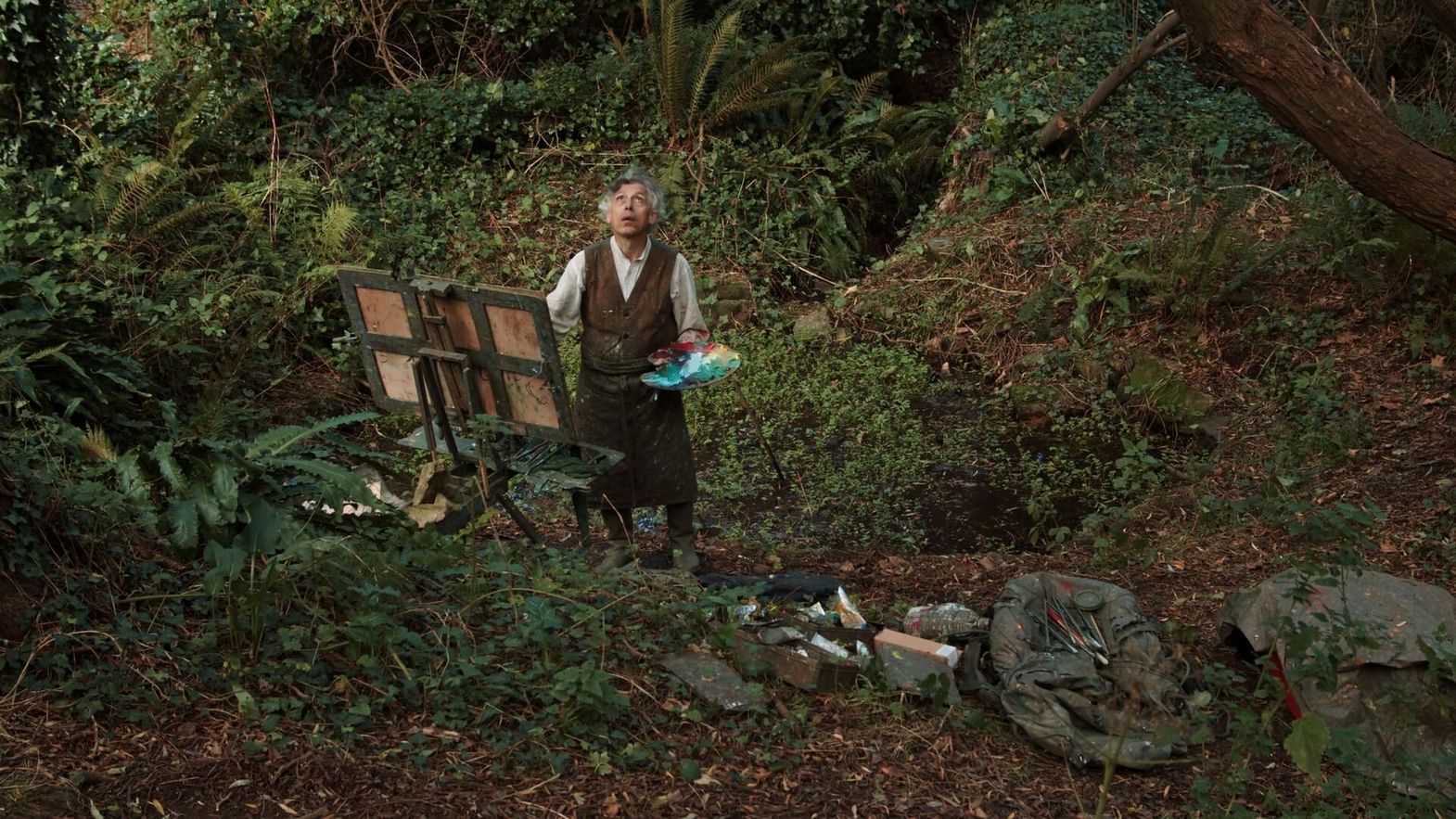
After the dramatic Amnesia (Piazza Grande 2015) and the documentary Il venerabile W. (Out of Competition 2017), Barbet Schroeder returns to Locarno, again in a non-competitive context, with another human portrait. But where his previous feature film closed what the director himself considered a triptych on the various facets of evil (after the two documentaries on the Ugandan dictator Idi Amin and the lawyer French Jacques Vergès, defender of terrorists and war criminals), this time, with Ricardo et la Peinture, it is about being in the company of a good man, gentle and devoted to painting. To be exact that of Ricardo Cavallo, Argentine painter, born in 1954, resident permanently in France since the seventies and a friend of Schroeder. Passionate about art since he was a boy, he has dedicated his whole life to painting, sometimes hermit or ascetic, as shown by some of his unconventional habits that the director chooses to emphasize in an amused way: since 1967, when he was 13 years old, Cavallo eats rice every day, with all meals, breakfast included.
Schroeder accompanies him while preparing some of his works, while transmitting his passion to the children of the village where he lives, and above all while explaining various passages in the history of painting. The title, in fact, does not refer only to Cavallo's artistic activity, but to his eternal passion for art: in several passages of the film his commitment as a teacher is in equal measure an artist's portrait and a beautiful lesson in art history. A lesson that in some ways is unsettling in the hands of Schroeder, known for his interest, both in documentaries and in fiction, for the stories of decidedly disreputable people (just think of The Von Bulow Mystery, which earned the Oscar for Jeremy Irons). Everything is in the name of beauty, aesthetic and spiritual, in this journey through time through various eras and from one location to another, between Argentina and France, which helps us understand how the evolution of painting techniques have shaped the personality of Ricardo Cavallo, and the director's affection for his friend is evident. There is no desire to shock or provoke, which was present, instead, in the documentary on Vergès (the famous line "I would also defend Bush, but he should plead guilty"): only the sincere desire to accompany and listen to a man who has so many things to tell, both in the intimate context of his home and in the most majestic landscape that often inspire him and push him to think big (the film opens with Ricardo at work on a very large painting composed of many smaller paintings). And as with the children with whom he interacts regularly, it is unlikely that his passion, after almost two hours of screening, has not also infected the audience.
Max Borg
TRIVIA
The protagonist of the documentary, Ricardo Cavallo, emigrated from Buenos Aires to France in 1976. In 2003 he moved to Brittany, where the film is set.